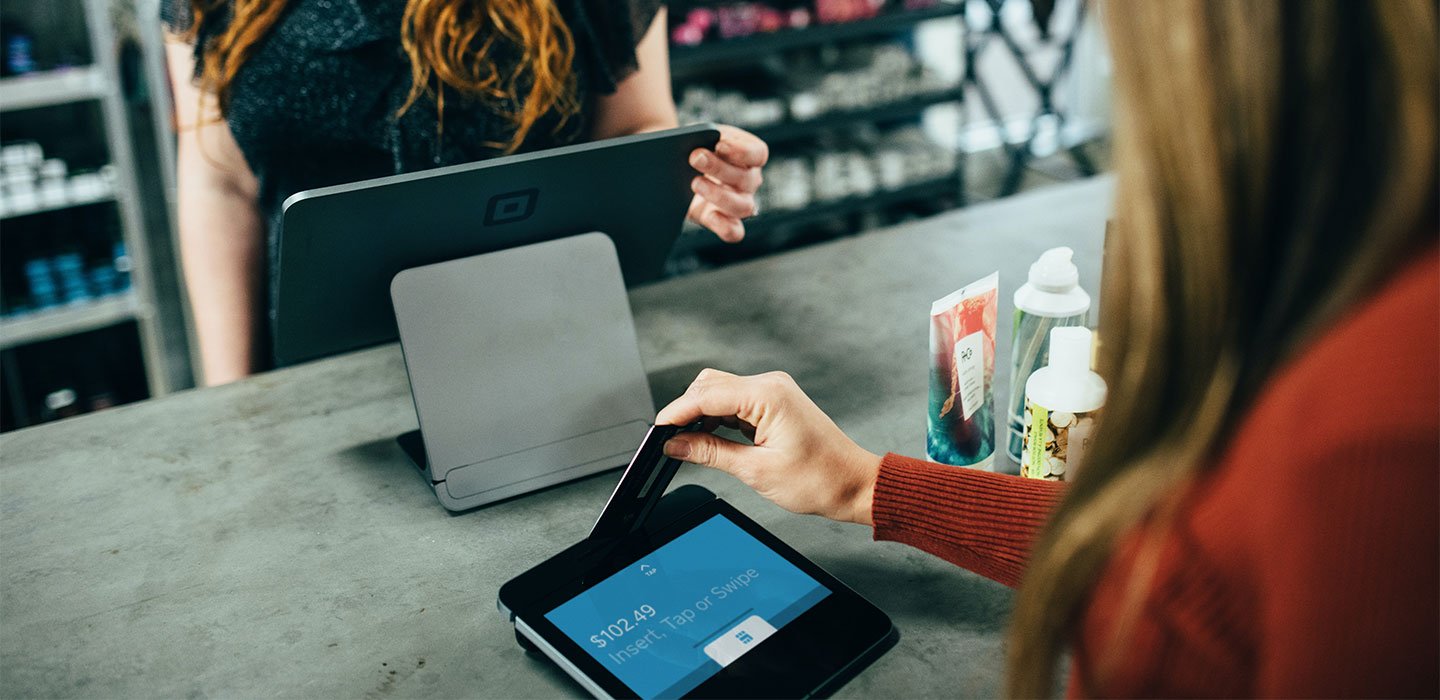Credit cards offer a convenient way to spend and manage your money. Here are some tips to help you make purchases, stay secure and take advantage of the benefits they offer.
Secure Purchasing
For credit cards, the Fair Credit Billing Act offers fraud protection that a debit card doesn't. For instance, if your credit card is stolen, depending on the issuer, you are either responsible for $50 in unauthorized charges made, or none at all. That's why using a credit card for online shopping, traveling and purchasing big-ticket items makes good sense.
However, if you're withdrawing money from an ATM, a debit card is the way to go because you won't be stung by withdrawal fees which can range from 3% to 5%.
Bonus Opportunities
Credit card issuers often entice consumers by offering generous introductory bonuses in exchange for spending a certain amount within the first few months of opening the card. Keep in mind though, that some of these cards come with higher annual percentage rates, or APRs, which can put a dent in your budget if you don't pay your balances off in full each month.
Rewards for Spending
Using the right credit card can come with perks that match your lifestyle. For instance, if you like to travel, using a card offering travel rewards and no foreign transaction fees may be just the ticket. In general, with rewards cards, you earn a number or percentage of rewards for every dollar you spend. You can then redeem them for cash, merchandise, gift cards, hotel stays or airline miles. Keep in mind that if you tend to carry a balance, the interest you'll pay won't be worth the rewards you get in return.
Building a Credit History
If you're just starting out in life, getting a credit card can help you build a good credit history, which is important when you want to buy a home, car, or even get a job. You can choose either a secured or unsecured card. A secured card uses a deposit you make — such as $250. By charging small amounts each month and paying off your balance, you will show that you're responsible with credit. An unsecured card gives you a line of credit from a credit card issuer, that is usually lower when you're first establishing credit. As you build it, your credit lines will increase.
Balance Transfers
Sometimes you may incur a balance that may be difficult to pay down, particularly if the card has a high-interest rate. That's when a balance transfer offer may offer some relief. For example, getting a low introductory APR for a set period of time such as 18 months can help you pay your debt off faster. Keep in mind that once this promotional period is over, your interest rate may be higher, so you want to make sure you aren't carrying a balance by the end of this period. Also, look for offers that don't charge transaction fees.
Low Interest Rates
If you tend to carry a balance on your credit card, seek out one with a low-interest rate because it will help reduce what it costs you to finance debt. To qualify for the best rates, it's important to have a tip top credit score. This means making on-time payments each month, keeping your credit usage below 30% and not applying too frequently for new lines of credit.

